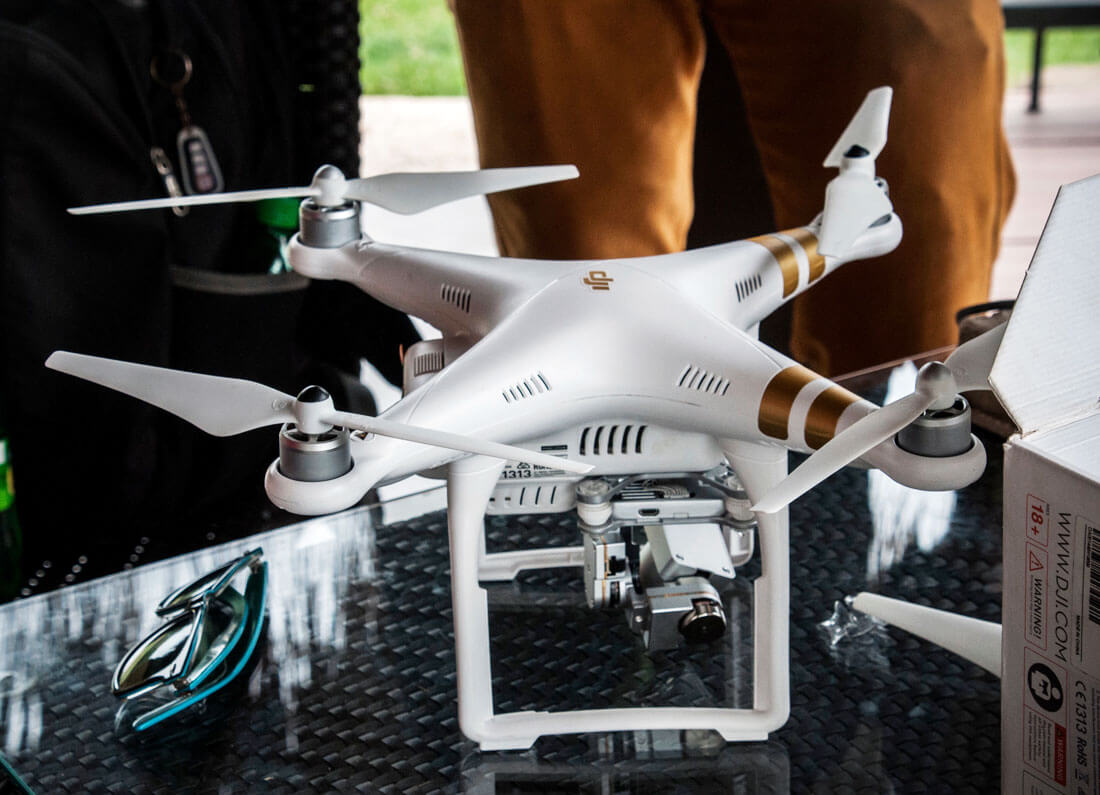The global rollout of 5G technology has sparked excitement and speculation about the next frontier of connectivity.
In Tanzania, where digital infrastructure is still catching up with global standards, the arrival of 5G could signify a technological leap—or simply another layer of hype. This article unpacks the potential and practical realities of 5G in Tanzania, examining its implications for economic development, innovation, digital inclusion, and the broader tech ecosystem.
Understanding 5G: Beyond Faster Internet
5G, the fifth generation of mobile network technology, promises faster download and upload speeds, ultra-low latency, and the capacity to connect millions of devices simultaneously. Globally, 5G is expected to power emerging technologies like autonomous vehicles, smart cities, remote surgeries, and immersive virtual experiences.
In Tanzania, the conversation around 5G revolves not just around speed but about connectivity, reliability, and how it can transform core sectors including agriculture, health, education, transport, and commerce.
The State of Mobile Connectivity in Tanzania
As of 2024, Tanzania has over 57 million mobile subscriptions, with about 30 million accessing the internet via mobile networks. However, most users still rely on 2G and 3G networks, with 4G coverage concentrated in urban areas.
The Tanzania Communications Regulatory Authority (TCRA) has been working to increase broadband penetration, but challenges like high device costs, limited rural infrastructure, and power supply issues persist. The introduction of 5G must therefore navigate these existing gaps while avoiding deepening the digital divide.
The Arrival of 5G in Tanzania
In 2022, Tanzania became one of the early adopters of 5G in East Africa. Vodacom Tanzania launched the country’s first 5G network, initially rolling it out in Dar es Salaam, Dodoma, and Arusha. The company emphasized that 5G would enhance digital experiences in key areas such as smart education, virtual health consultations, and business digitization.
Other operators, including Tigo and Airtel, have since indicated interest in deploying 5G, though wide-scale rollout remains limited by infrastructure costs and spectrum licensing policies.













Leave a Reply